Summary
You too, can equip your employees simply with Fleet
Focus on your growth by choosing our all-in-one solution.
After years of loyal service, your computer has become slow, the battery doesn't even last through your lunch break, and you can't install new programs anymore. Maybe it's time to replace your laptop. But if, like many People, you’re increasingly conscious of your ecological footprint, you know it’s not recommended to simply throw the device away or let it gather dust in the basement. At the very least, give it a chance for a second life—it’s spent many years serving you.
So why not recycle it? Recycling laptops is an excellent way to extend your device’s lifespan and protect the environment at the same time.
At Fleet, we’re convinced that more sustainable consumption and reducing our own environmental impact are possible. That’s why we encourage all our users to dispose of laptops responsibly, so you can order new devices in good conscience.
What exactly does laptop recycling mean? How does it work? In this article, we’ll help you understand the concept and give your device a second life.
Recycling computers: strict regulations
The European Directive on Waste Electrical and Electronic Equipment (WEEE) prioritizes prevention, separate collection, reuse, and other forms of recycling. The aim is to reduce the amount of waste that needs to be treated. The regulations are as follows:
- 80% of IT and telecommunications equipment must be recycled and 70% forwarded to special recycling plants.
- This recycling can either be carried out by certain eco-organizations that are recognized by government bodies. But more and more categories of electronics now fall under extended producer responsibility, and drop-off options at retail store have become much more accessible for consumers and businesses.
These wastes are made up of various recyclable materials (plastics, glass, ceramics, etc.), including ferrous and precious metals (copper, gold, silver, palladium, platinum, etc.). Some also contain hazardous wastes or harmful substances that can endanger health and the environment (such as various gases, arsenic, mercury, PCB, brominated flame retardants, phosphors, etc.).
Therefore, the recycling process needs to be carried out by specialized professionals.
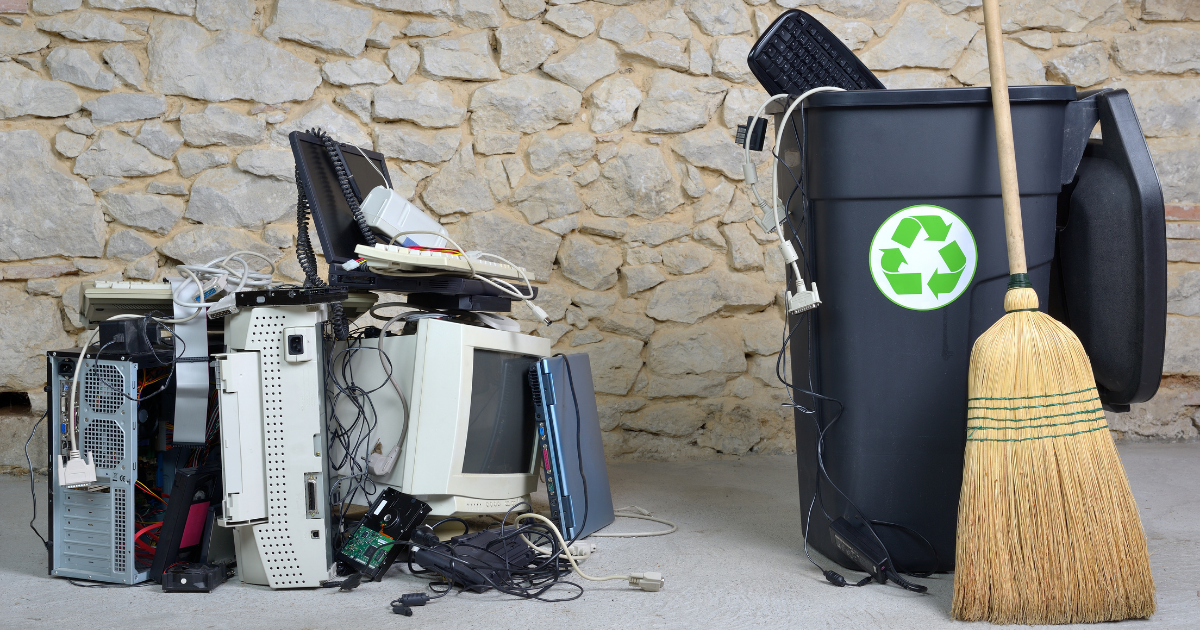
Why should you recycle your laptop?
Aside from the financial benefits, there are many reasons to recycle your computer:
-
For a second life: Many consumers who cannot afford a new device benefit from refurbished equipment.
-
For the environment: Whether it’s a smartphone or a laptop, improperly disposed devices harm the environment. Plastics especially decompose very slowly and can pollute soil for centuries if not disposed of properly.
-
To conserve resources: Rare earths and precious metals make modern electronics possible. However, extracting these raw materials has significant ecological consequences and requires large quantities of water and chemicals. Buying new devices less frequently helps to conserve natural resources.
-
For local jobs: A specialized recycling sector for e-waste has been created, providing thousands of jobs. Initiatives from social organizations are actively building these recycling loops and creating local employment.
-
For your company’s CSR strategy: Corporate social responsibility (CSR) means companies voluntarily integrate social and ecological concerns into their activities. Recycling company IT helps strengthen your internal CSR strategy.
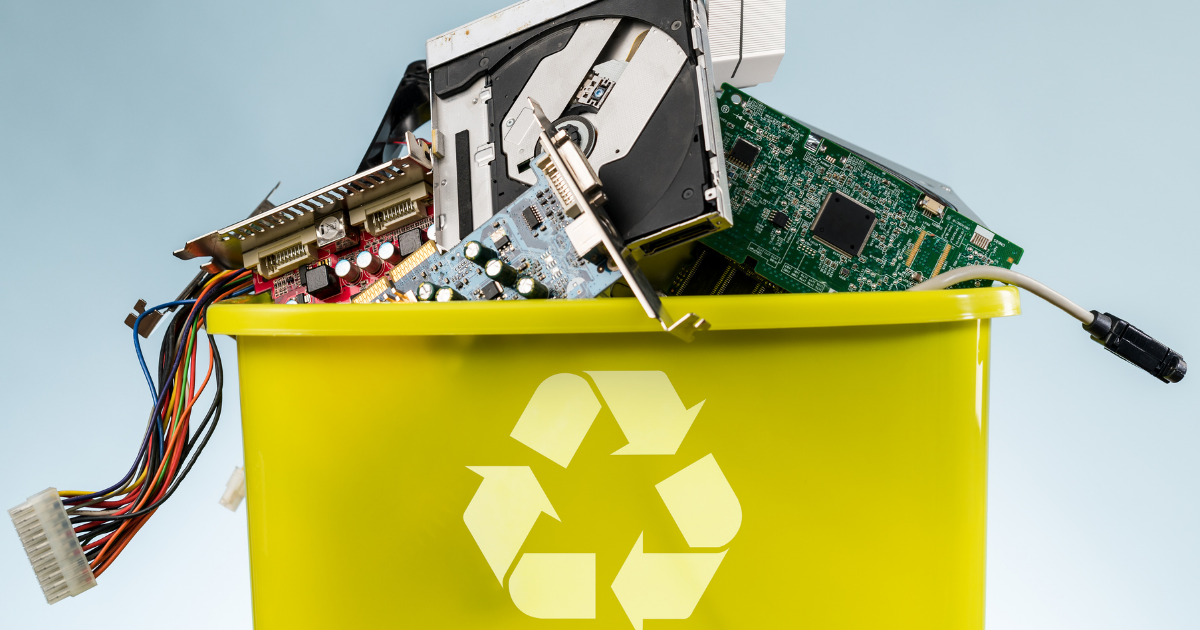
How do you recycle your laptop?
Convinced? Here’s how your old laptop can be recycled.
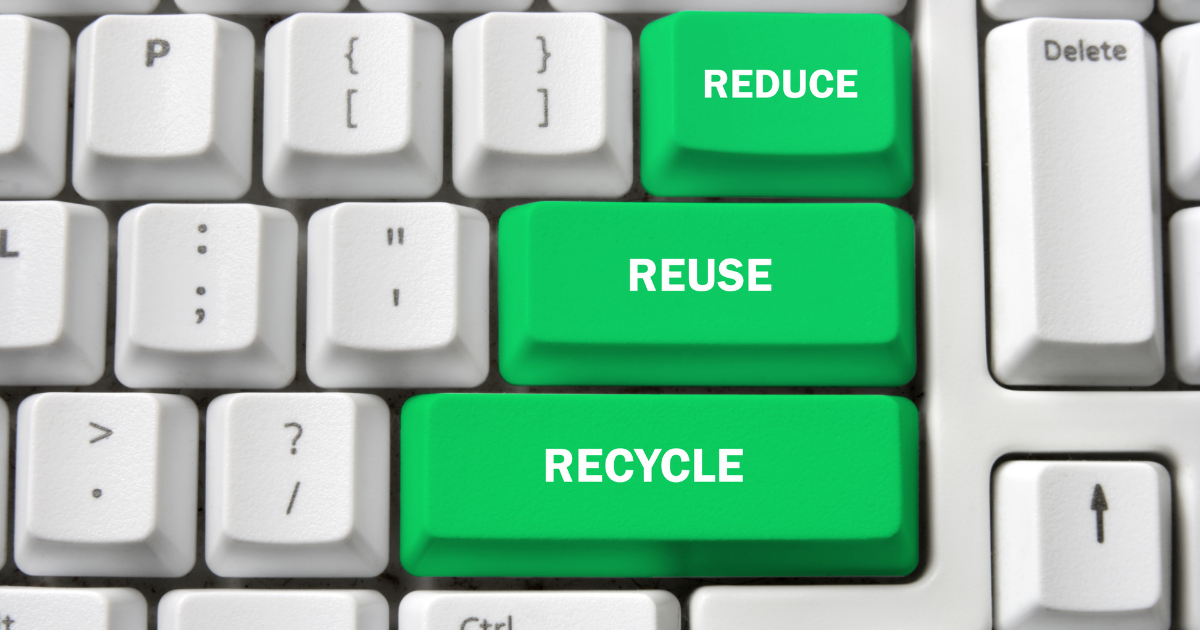
Important: Anyone who disposes of electronics via bulk waste obstructs meaningful recycling or proper treatment of hazardous substances. To ensure your device is truly recycled or detoxified, you have the following options:
If your laptop no longer works:
-
Drop-off: You can take the device to recycling centers, electronics retailers, or special collection points.
-
Recycling services: According to UNEP, computers consist of 50% metals as well as rare or problematic chemical elements. Recycling prevents exploitation and environmental pollution during raw material extraction somewhere in the world.
If your laptop still works:
-
Give it away: Pass the device to friends or people in need via charitable organizations—this extends its lifespan.
-
Sell: If the device is less than ten years old and still in good condition, you can sell it as a used item—five-year-old laptops often still fetch a third of their original price. Platforms can handle quick reselling and create new value during the product cycle.
The laptop recycling process runs as follows:
- Plastic parts are recycled and used for car parts;
- Ferrous metals are fully recycled for vehicle parts or construction reinforcements;
- The mainboard (printed circuit board), made of metals and plastics, is disassembled; metals and plastics are separated and recycled;
- Non-ferrous metals like copper are recycled into new cables;
- Specially regulated substances like batteries or capacitors require particular treatment: capacitors are incinerated, batteries are recycled at special take-back points;
- Other materials, such as foams, rubber parts, or screens, are hard to process. Some are used for energy, screens are mostly incinerated or disposed of according to regulations.
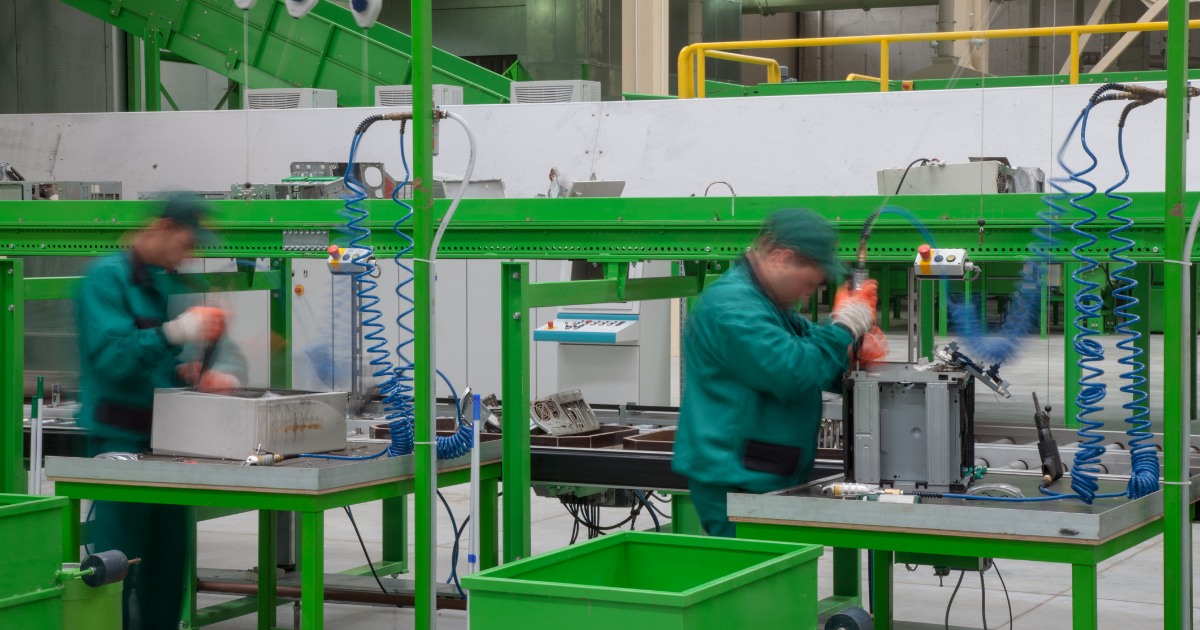
What to consider before recycling
Before recycling your computer, please note the following points:
Back up personal data
Recycling is final—so don’t forget to back up all important files, better too many than too few!
-
Use a USB stick or an external hard drive to back up data. These storage media are available at electronics stores.
-
Alternatively, almost all cloud providers offer free basic storage—for example Google Drive, Microsoft OneDrive, or Apple iCloud. Pay attention to privacy, especially for sensitive company information.
Remove app access
While it’s simple to remove devices for apps like Netflix, it’s more complicated for others—such as iTunes or the Adobe Creative Suite. Most often, your access is limited to two devices. To prevent problems, remove access rights before disposing of the device.
Reset the laptop
Simply deleting files is not always enough. The best method is to completely reset the laptop, especially if it’s a company device containing sensitive data. This is now relatively straightforward.
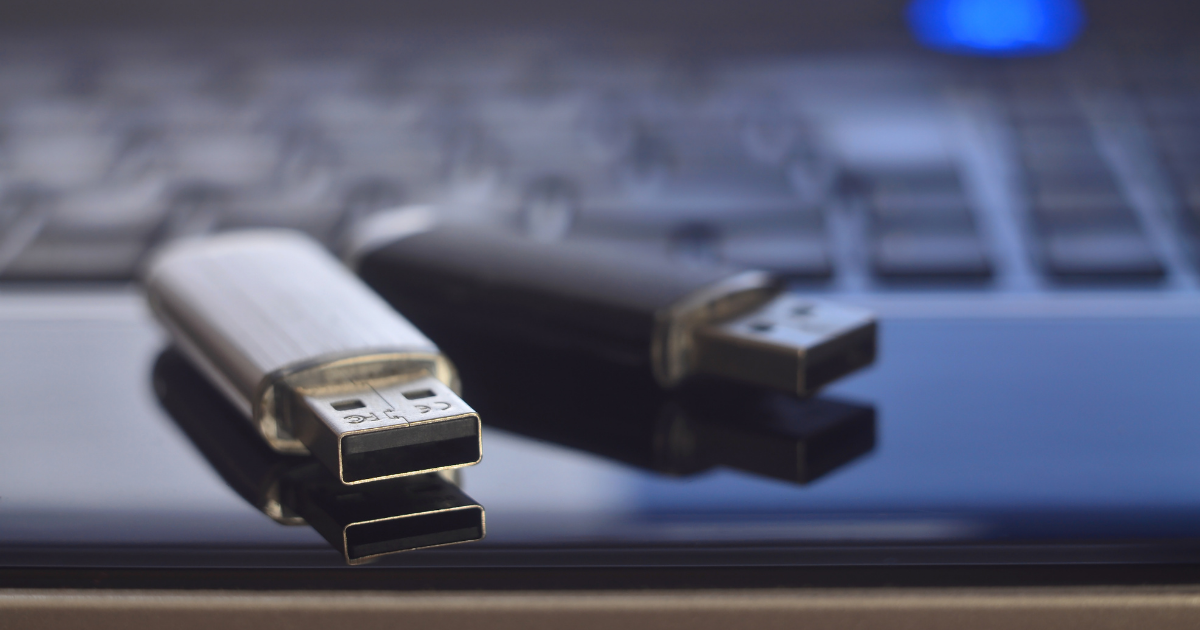
The steps:
- Plug the laptop into a power outlet.
- Make sure the device is turned off and connected to Wi-Fi.
- Simultaneously hold the Command, R, and Option keys and the power button.
- Select “Reinstall Mac OS” when prompted.
- Follow the assistant to install Mac OS and choose “Macintosh HD” as the destination.
The laptop is now securely wiped and ready for recycling.
Skip recycling by leasing
Fleet fights against planned obsolescence by giving your laptops a second life: after the lease period, they are prepared for the refurbished market. That way, devices don't just sit around unused.
At Fleet, your laptop is refurbished and then resold to end customers. Leasing instead of buying enables your company to act sustainably—without unnecessary administrative effort or economic disadvantage. Leasing is a pragmatic approach to simpler, more sustainable solutions, offering flexible device park development as well as outsourcing IT recycling.
Explore our leasing offer at Fleet – a smart, sustainable way to equip your business with top-tier IT devices, without the hassle of ownership. Discover our leasing solutions
Conclusion
Worldwide, eleven laptops are sold every second, but our resources are not unlimited. Recycling laptops helps reduce the cost of new devices and permanently shrink your ecological footprint.


